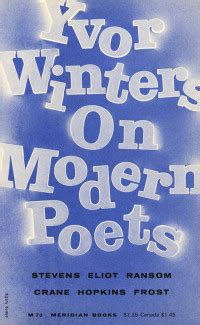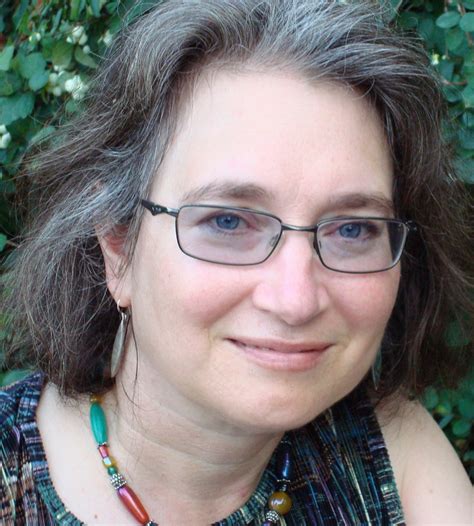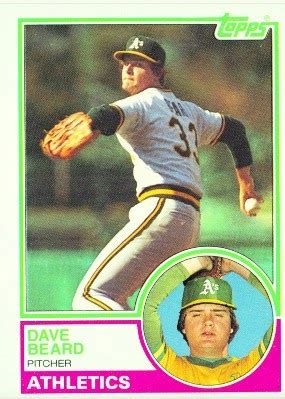A Quote by Yvor Winters
Gascoigne, Ben Jonson, Greville, Raleigh, Donne,
Poets who wrote great poems, one by one,
And spaced by many years, each line an act
Through which few labor, which no men retract.
This passion is the scholar's heritage
Related Quotes
Nearly all men and women are poetical, to some extent, but very few can be called poets. There are great poets, small poets, and men and women who make verses. But all are not poets, nor even good versifiers. Poetasters are plentiful, but real poets are rare. Education can not make a poet, though it may polish and develop one.
These are crystalline - oftentimes incandescent - translations of Juarroz's powerful metaphysical poems where eternity and silence jut up against a world where “writing infects the landscape” and there are “more letters than leaves” - The kind of match one hopes for where both the translator and the poet are in luck; new poems which don't leak and yet old poems in which the original passion shines.
I have neither the scholar's melancholy, which is emulation; nor the musician's, which is fantastical; nor the courtier's, which is proud; not the soldier's which is ambitious; nor the lawyer's, which is politic; nor the lady's, which is nice; nor the lover's, which is all these: but it is a melancholy of mine own, compounded of many simples, extracted from many objects, and indeed the sundry contemplation of my travels, which, by often rumination, wraps me in a most humorous sadness.
In my own writing, I've mostly abandoned end-rhyme, but wordplay is still a huge part of my process. I've written a series of mermaid poems in the last few years. The first one was called "The Straightforward Mermaid" which arose from my delight in that word combination. After that, I decided that future mermaid poems would have to be words ending in "d" or "t," which led to "The Deadbeat Mermaid," "The Morbid Mermaid" and so forth . . .
A whole big, giant world full of men. Men with blue eyes. Brown eyes. Green eyes. And indescribable shades in between. Tall men. Short men. Skinny men. Built men. And all combinations thereof. Nice men (so I've heard, but never really seen). Mean men. Decent men, indecent. And who knows which is the best kind to have, to hold, to love? I'd say, with so many men in the world, it would pay to sample a few. Scratch that. More than a few. Lots and lots. And then a few more. And maybe, after years of research, you might find one worth not throwing back. But hey, the fun is in the fishing.
Young men, in the conduct and manage of actions, embrace more than they can hold; stir more than they can quiet; fly to the end, without consideration of the means and degrees; pursue some few principles, which they have chanced upon absurdly; care not to innovate, which draws unknown inconveniences; use extreme remedies at first; and, that which doubleth all errors, will not acknowledge or retract them; like an unready horse, that will neither stop nor turn.
There is, in fact, a manly and lawful passion for equality which excites men to wish all to be powerful and honored. This passion tends to elevate the humble to the rank of the great; but there exists also in the human heart a depraved taste for equality, which impels the weak to attempt to lower the powerful to their own level, and reduces men to prefer equality in slavery to inequality with freedom.







































